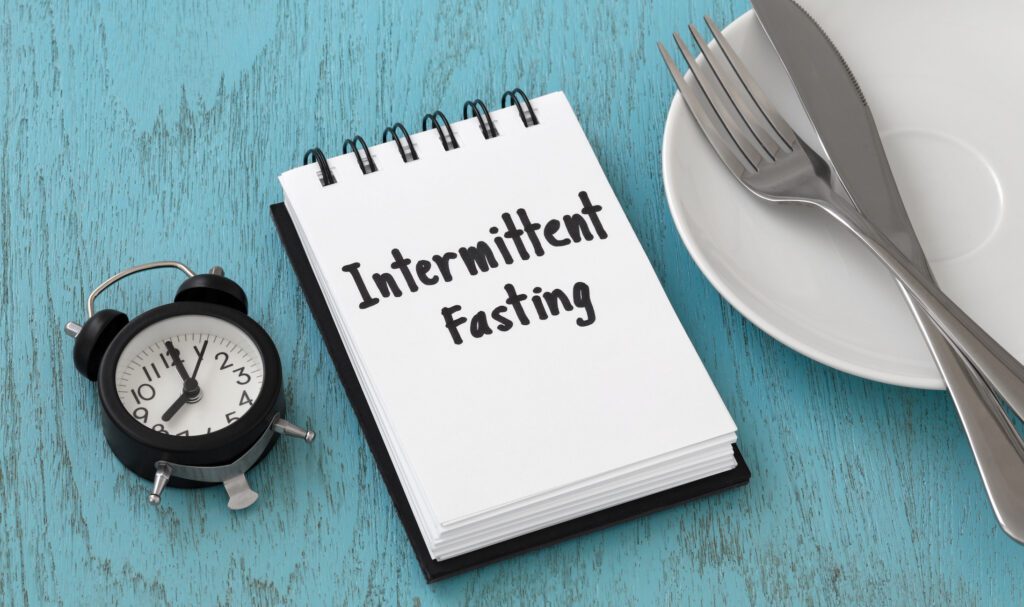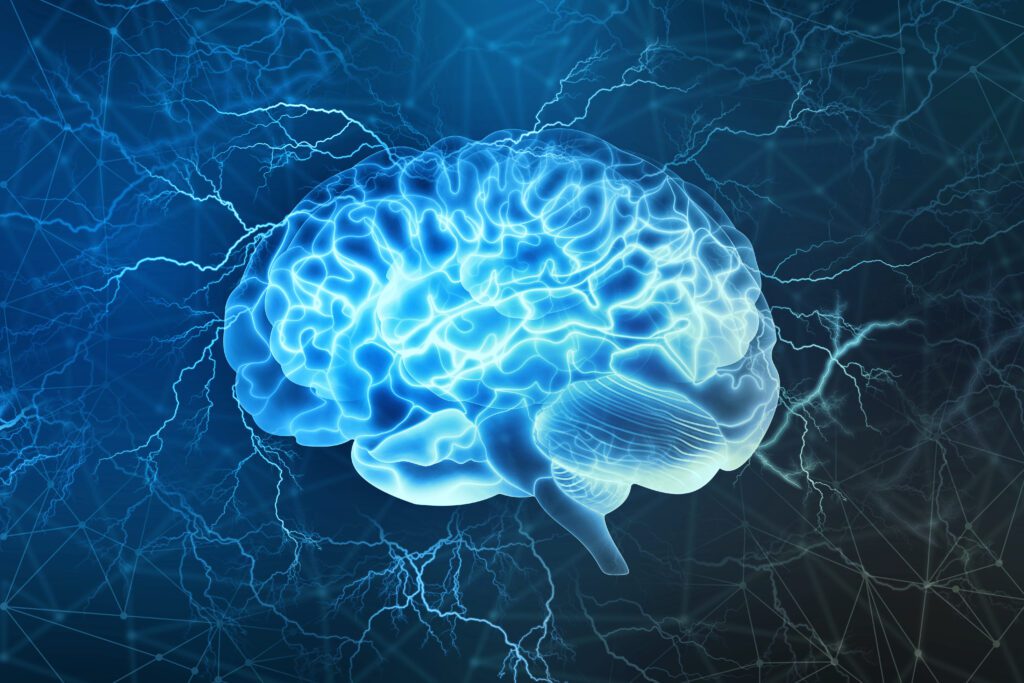
Intermittent Fasting
Do you wonder whether intermittent fasting could be a strategy for you? Is it safe, effective and worth the effort? In this blog post, we will answer those questions and explore intermittent fasting from a rational and evidence-informed point of view.
First, some context.

The Ancient History of Fasting
Fasting has a long history, with deep historical roots. Cultures and civilizations throughout the world and stretching back over centuries have incorporated fasting into their religious, spiritual, and medicinal practices. While the modern concept of intermittent fasting may seem like a recent trend, it is, in fact, an evolution of age-old traditions. From Hippocrates and Plato, through to Ancient Greek medical doctors, fasting has been recommended for its physical and mental health benefits. There is no doubt that scientific understanding of fasting has evolved in recent times. However, it is worth reflecting on how ancient cultures recognised its potential health benefits long before the advent of modern science.
It is not about deprivation, but about structuring your meals within a specific timeframe
What is Intermittent Fasting?
As is often the case, the answer to “What is Intermittent Fasting?” is not straight forward. Intermittent fasting (IF) is not a diet in the traditional sense; rather, it’s a dietary pattern that alternates between periods of eating and fasting. The primary focus of IF is not the restriction of certain foods but rather the timing of when you consume them. It is not about deprivation, but about structuring your meals within a specific timeframe. (What you eat during and when ‘breaking’ a fast is important however, so IF is not license to take your eye off the ‘eat a rainbow’ ball).

There are various forms of intermittent fasting. The most common and well-studied ones are discussed below.
The Different Forms of Intermittent Fasting
- Restricted Time Feeding: This is perhaps the most straightforward form of IF, where you limit your eating to a specific window of time each day. Commonly, people adopt a 16/8 pattern, which involves fasting for 16 hours and eating within an 8-hour window. This is easier than it sounds. Finish your dinner by 7pm, clear herbal teas only (no milk or sugar!) in the lead up to bed, breakfast/brunch at 11am.
- 5:2 Diet: In this approach, you consume your regular diet for five days of the week and drastically reduce your calorie intake (typically around 500-600 calories) for the other two non-consecutive days.
- Alternate Day Fasting: With alternate day fasting, you alternate between days of normal eating and fasting, where your fasting days can involve a very low-calorie intake or complete abstention from food.
Health Benefits – What the Science Says
Numerous studies have delved into the potential health benefits of intermittent fasting, offering promising insights:
1. Weight Management
IF can promote weight loss. It may also help combat obesity-related health issues. Food choices when you are eating will always be important. However adding intermittent fasting to your protocol is a relatively easy strategy to lead you towards you weight loss goal.
2. Improved Insulin Sensitivity
IF has been linked to improved insulin sensitivity, potentially reducing the risk of type 2 diabetes and assisting with the management of blood sugar levels. Your diet may need a bit of workover before you start IF, particularly if you take medications to manage blood sugar levels. If you would like to discuss whether IF is right for you and your particular circumstances, you can book a free call here.
3. Cardiovascular Health
Some studies suggest that intermittent fasting can have a positive impact on heart health by reducing risk factors such as blood pressure, cholesterol levels, and inflammation. To repeat, if you are taking medications for a diagnosed condition, it is important to speak to your healthcare team for advice. I collaborate with GPs for all my clients, to ensure safe practice and best outcomes.
4. Cellular Repair and Longevity
Fasting triggers autophagy, a cellular repair process that removes damaged cells and proteins. This may contribute to longevity and a reduced risk of age-related diseases. This process is happening all the time without you knowing, but can get sluggish as we age or when we are unwell. Fasting can help stimulate autophagy, with positive health benefits.
5. Cognitive Function
Intermittent fasting may enhance brain health by promoting the growth of new neurons and reducing the risk of neurodegenerative diseases like Alzheimer’s.

When to Consider Intermittent Fasting
Intermittent fasting is not a one-size-fits-all approach. It is essential to consider your individual health goals, lifestyle, and preferences when deciding if IF is right for you. Consultation with a healthcare provider or Nutrition Therapist registered with the CNHC and a member of BANT is advisable, especially if you have underlying health conditions.
Consider intermittent fasting if:
- You aim to lose weight or manage your weight effectively.
- You want to improve your metabolic health and insulin sensitivity. Studies also show that IF can be helpful for non-alcoholic fatty liver disease.
- You’re looking to optimize your heart and brain health.
- You have a stable foundation of a balanced diet and would like to see whether a fasting regimen works for you.
Who Should NOT Fast
While intermittent fasting offers potential benefits, it’s not suitable for everyone. Here are some groups who should avoid fasting or approach fasting with extreme caution:
- Children: Fasting can interfere with a child’s growth and development. Children and adolescents should focus on a balanced diet to meet their nutritional needs.
- Pregnancy: Pregnant individuals need a consistent intake of nutrients for foetal development. Intermittent fasting is not recommended during pregnancy.
- Breastfeeding: Lactating individuals require additional calories and nutrients to support breastfeeding. Fasting may compromise milk production and infant health.
- Eating Disorders: Those with a history of or susceptibility to eating disorders should avoid fasting, as it can exacerbate unhealthy behaviours.
Intermittent fasting is a dietary strategy with a growing body of scientific evidence supporting its potential health benefits. However, it’s essential to approach it with careful consideration, particularly regarding individual health goals and circumstances. Consulting with a healthcare professional or a Nutrition Practitioner and member of BANT can help you make an informed decision and ensure that intermittent fasting aligns with your overall well-being. When done correctly and safely, intermittent fasting can be a valuable tool in your journey towards improved health and longevity.
If you are interested in exploring intermittent fasting and wonder if it is right for you, then please book a free call with Clare to discuss your requirements.
If you are keen to make some changes to your diet and are not sure where to start, have a read here and here. For information on what to expect from a nutritional therapy consultation with Clare, have a read here.
